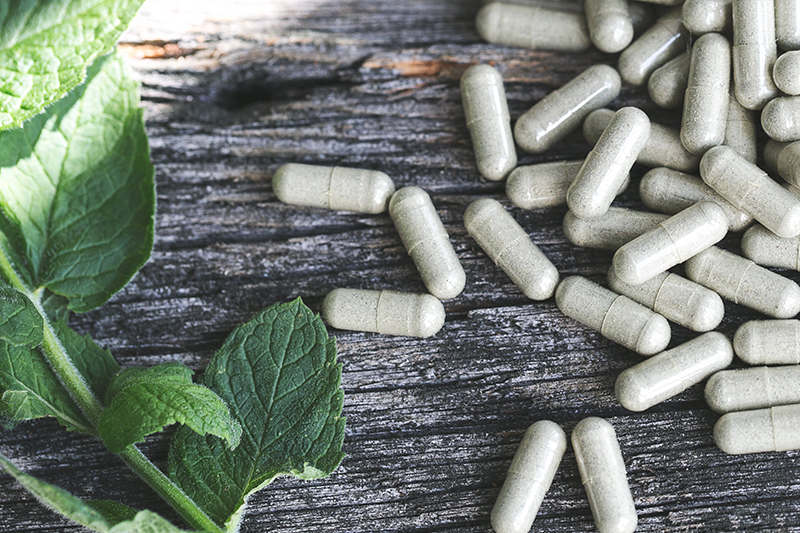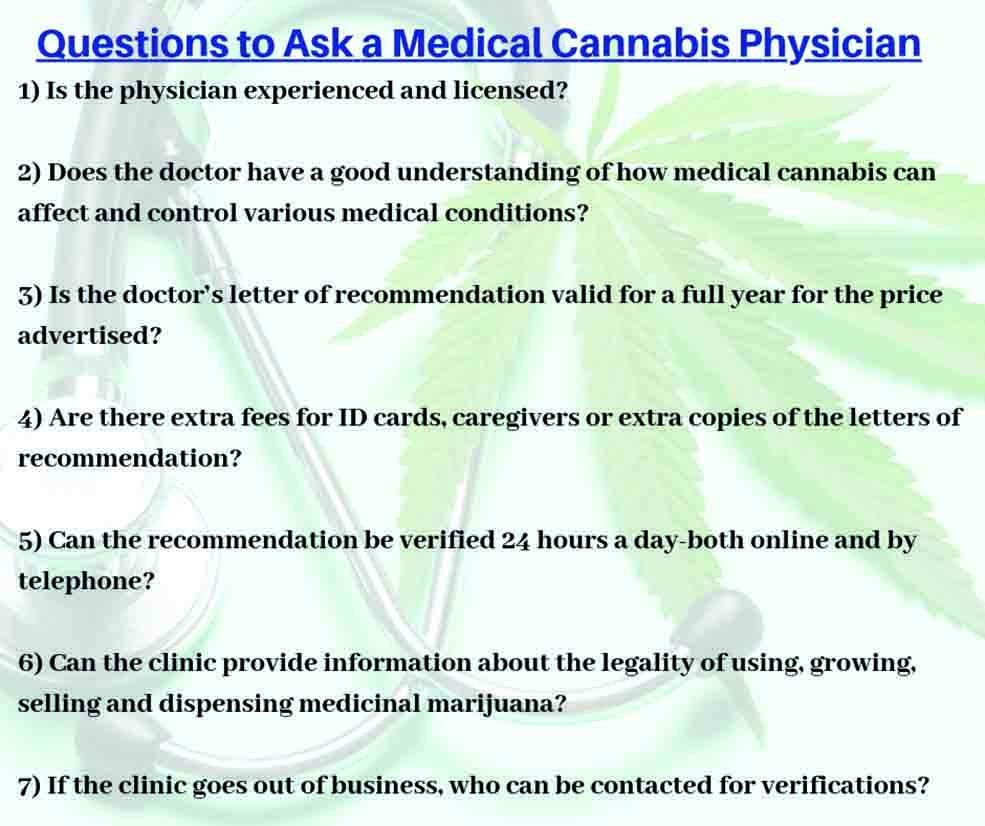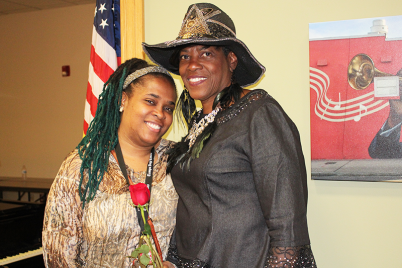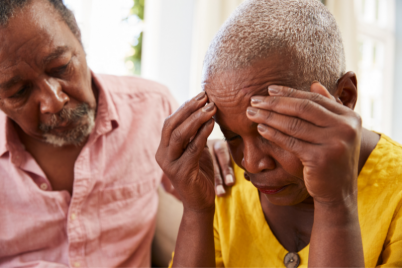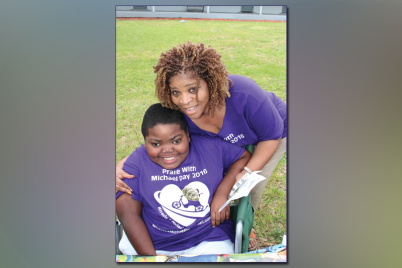Dear Editor:
On Sept. 9, I attended the 2018 Florida Medical Cannabis Conference in Tampa, based on a last-minute invite by a friend in the medical field. I thought to myself: “It’s Saturday morning, and I’m not doing anything else, so why not go and learn the facts about the topic from those who have the most knowledge?”
Outside of experimenting in my younger years, recreational marijuana was never something I used, but I have always recognized that it has medicinal value. I was surprised by how much information and understanding that I gained at the conference.
Florida legalized medical marijuana in 2016, making it the 26th state in the U.S. to do so, and in 2017, conditions were expanded. Below is a list of the medical conditions that are qualified for medical cannabis use under the Florida Statutes 381.986 (2):
-
Cancer
-
Epilepsy
-
Glaucoma
-
Positive status for human immunodeficiency virus
-
Acquired immune deficiency syndrome
-
Post-traumatic stress disorder
-
Amyotrophic lateral sclerosis
-
Crohn’s disease
-
Parkinson’s disease
-
Multiple sclerosis
-
A terminal condition diagnosed by a physician other than the qualified physician issuing the physician certification
-
Chronic nonmalignant pain

